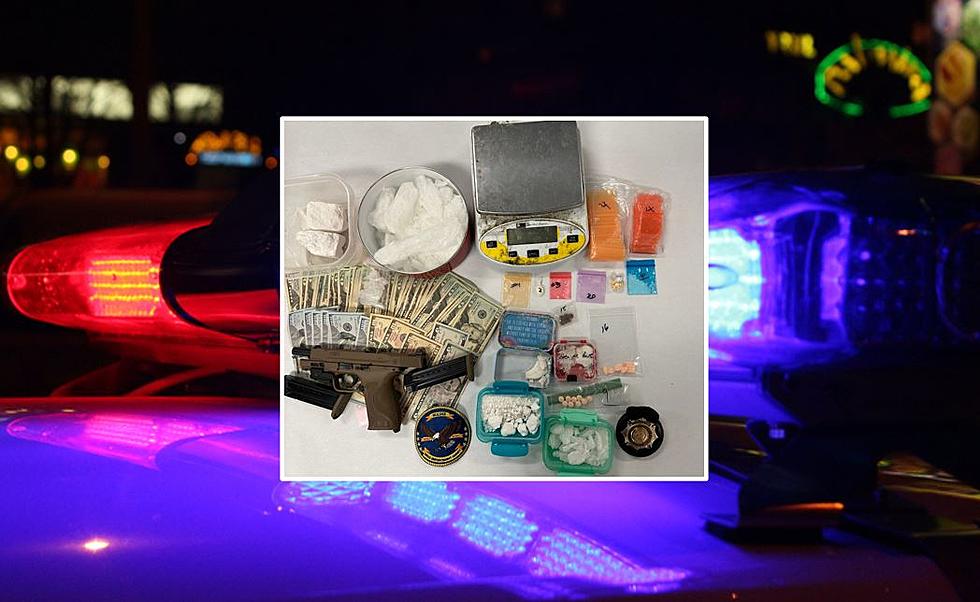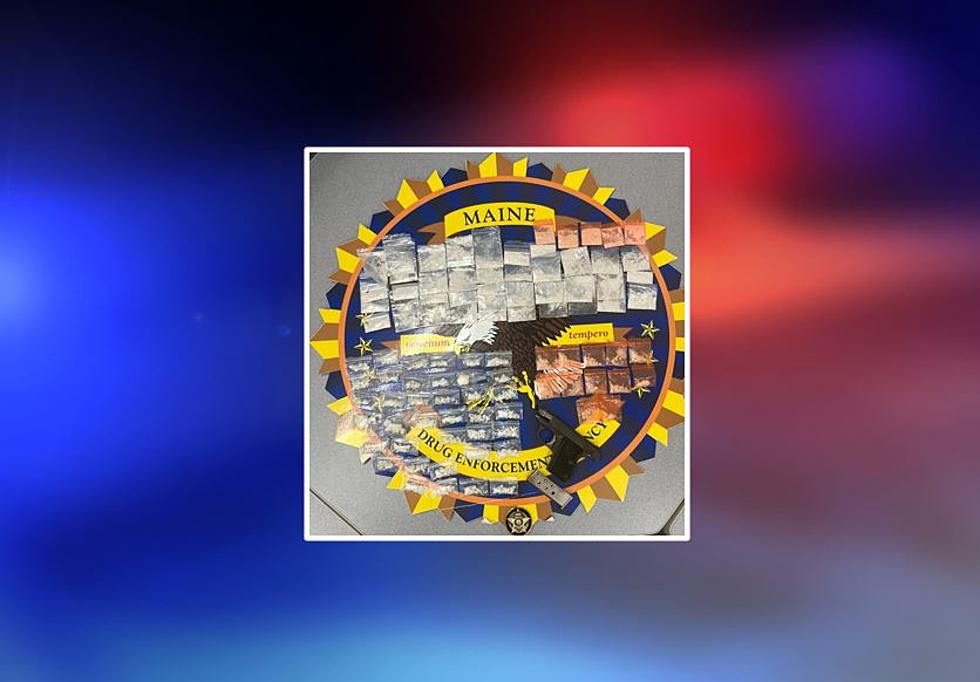
MDEA Busts First Two Meth Labs in 2019
FIRST INCIDENT:
MDEA’s Lab Response Team was called out twice over the weekend to process methamphetamine manufacturing in Bucksport and on Indian Island (photo above).
Penobscot Nation Police were called to a residence on Indian Island early Saturday morning where a 38-year-old woman was found dead, said Stephen McCausland, Maine Public Safety Spokesman.
Her identity and further details related to the death are not being released, although there is no evidence of foul play, McCausland said.
While inside the home, police encountered items they believe had been used to make methamphetamine and called in MDEA agents to assist. The MDEA Lab Response Team was requested and collected samples for analysis and turned hazardous materials over to the Department of Environmental Protection. The investigation into the meth making operation and the circumstances surrounding the death remain under investigation by Penobscot Nation Police and MDEA.
SECOND INCIDENT:
On Sunday morning Bucksport Police responded to a disturbance on Central Street and encountered items they suspected had been used to make methamphetamine.
The MDEA Lab Response Team searched the home Sunday afternoon. Samples were taken for analysis and hazardous materials were turned over to the Department of Environmental Protection. Drug Agents and Bucksport Police arrested 28-year-old Megan Patten, charging her with unlawful operation of a meth lab, said McCausland. She remains at the Hancock County Jail. MDEA Agents, Bucksport and State Police previously seized a meth making operation at this home in November.
These are the first two responses in 2019 for MDEA’s specialized hazmat/evidence recovery team. In 2018 the team was used 52 times; compared with 58 in 2017, 126 in 2016 and 56 in 2015.
The most common method of making methamphetamine in Maine remains the “one pot” method, where most of the chemical reaction takes place in a plastic bottle, McCausland said. This process involves a heavy metal reacting violently with water and the plastic bottles can easily rupture, causing flames to shoot out. This is a highly dangerous and toxic process and specially trained MDEA Agents are required to don fire retardant chemical suits, breathing tanks and masks to process the evidence.
More From









